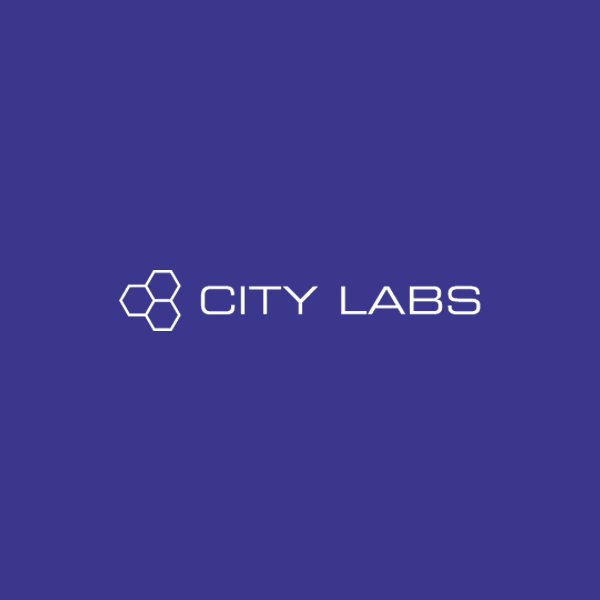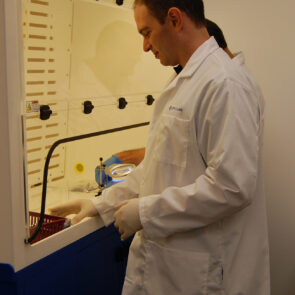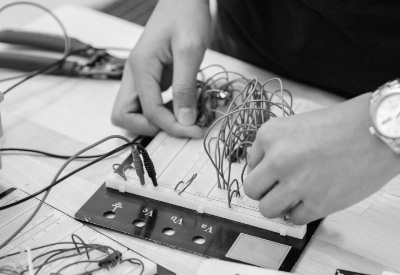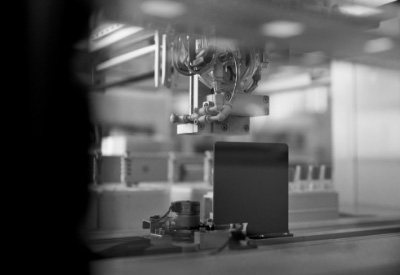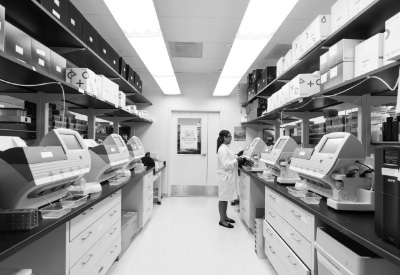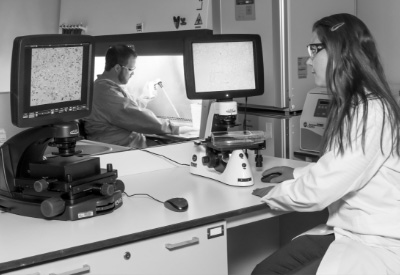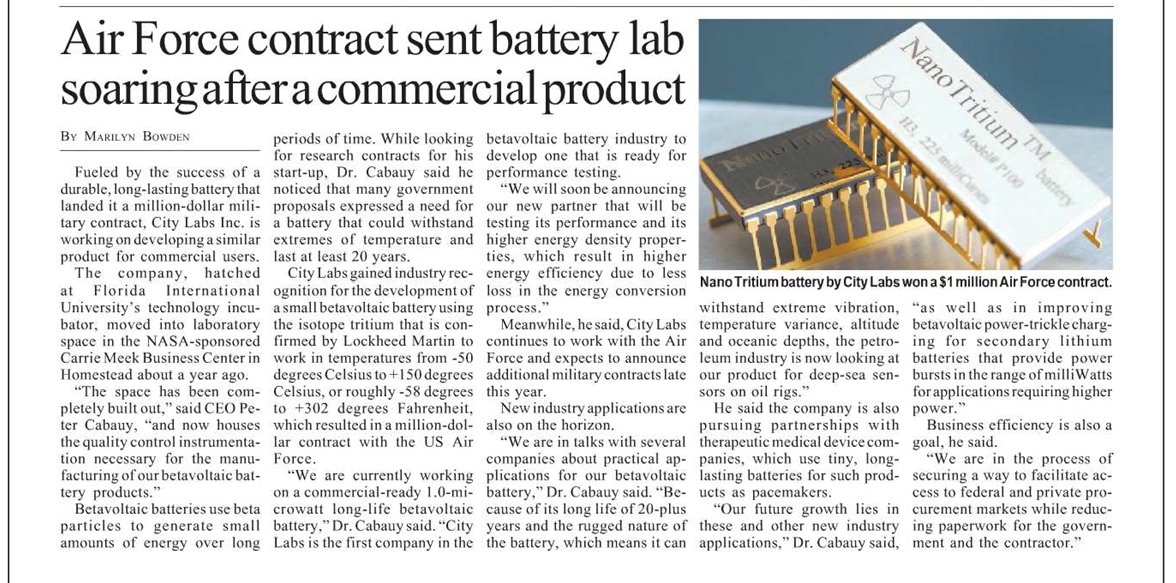
The company, hatched at Florida International University’s technology incubator, moved into laboratory space in the NASA-sponsored Carrie Meek Business Center in Homestead about a year ago.
“The space has been completely built out,” said CEO Peter Cabauy, “and now houses the quality control instrumentation necessary for the manufacturing of our betavoltaic battery products.”
Betavoltaic batteries use beta particles to generate small amounts of energy over long periods of time. While looking for research contracts for his start-up, Dr. Cabauy said he noticed that many government proposals expressed a need for a battery that could withstand extremes of termperature and last at least 20 years.
City Labs gained industry recognition for the development of a small betavoltaic battery using the isotpoe tritium that is confirmed by Lockheed Martin to work in temperatures from -50 degrees Celsius to +150 degrees Celsius, or roughly -58 degrees to +302 degrees Fahrenheit, which resulted in a million-dollar contract with the US Air Force.
“We are currently working on a commercial-ready 1.0-microwatt long-life betavoltaic battery,” Dr. Cabauy said. “City Labs is the first company in the betavoltaic battery industry to develop one that is ready for performance testing.
“We will soon be announcing our new partner that will be testing its performance and its higher energy density properties, which result in higher energy efficiency due to less loss in the energy conversion process.”
Meanwhile, he said, City Labs continues to work with the Air Force and expects to announce additionatl military contracts late this year.
New industry applications are also on the horizon.
“We are in talks with several companies about practical applications for our betavoltaic battery,” Dr. Cabauy said. “Because of its long life of 20-plus years and the rugged nature of the battery, which means it can withstand extreme vibration, temperature variance, altitude and oceanic depths, the petroleum industry is now looking at our product for deep-sea sensors on oil rigs.”
He said the company is also pursuing partnerships with therapeutic medical device companies, which use tiny, long-lasting batteries for such products as pacemakers.
“Our future growth lies in these and other new industry applications,” Dr. Cabauy said, “as well as in improving betavoltaic power-trickle charging for secondary lithium batteries that provide power bursts in the range of milliwatts for applications requiring higher power.”
Business efficiency is also a goal, he said.
“We are in the process of securing a way to facilitate access to federal and private procurement markets while reducing paperwork for the government and the contractor.”

